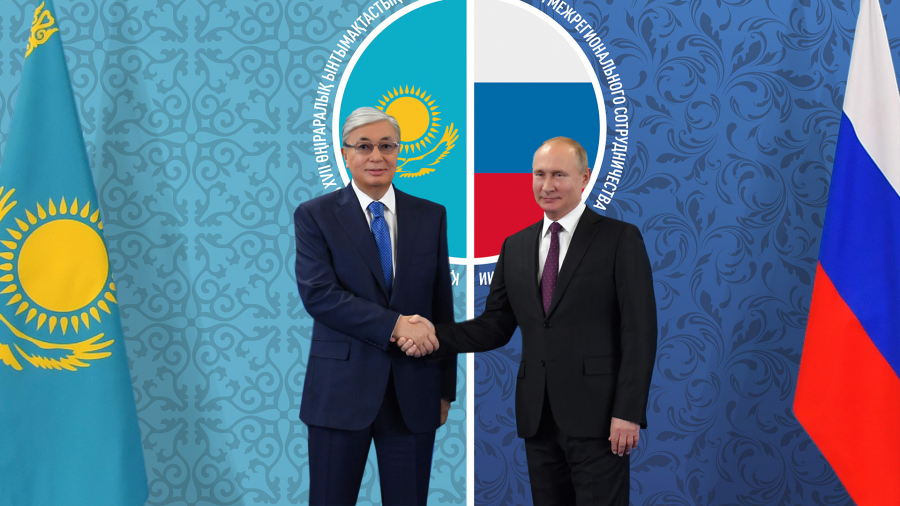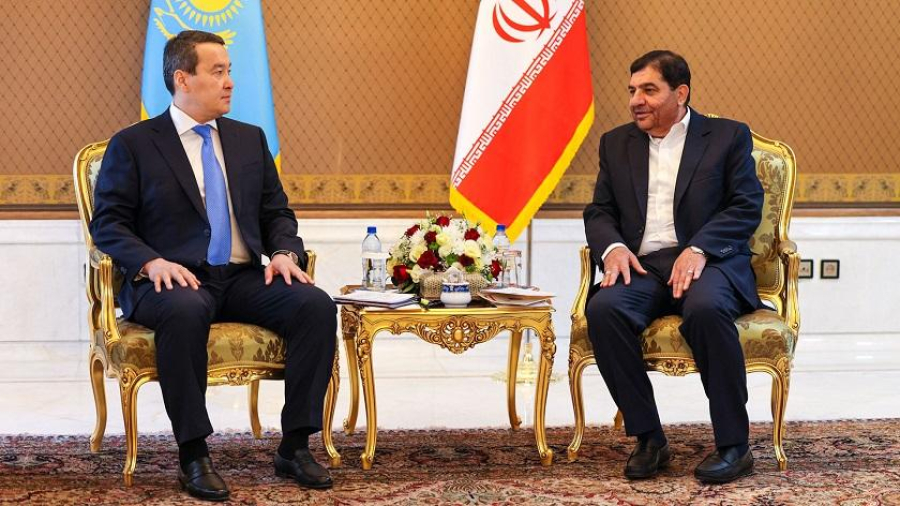
The pandemic is not an obstacle to friendly relations between Kazakhstan and Russia. To date, trade between the countries has grown three and a half times. Kassym-Jomart Tokayev stated this at the 17th Kazakhstan-Russia Interregional Cooperation Forum with the participation of the Presidents of the two countries held in an online format. More than 7,500 Russian enterprises are successfully operating in Kazakhstan. Half of them are joint projects. Over the years of cooperation, many treaties and agreements covering a wide range of areas were signed within the forum.
“During this period, trade turnover grew 3.5 times to US$19 billion. Over the past 15 years, the volume of direct investment from Russia amounted to more than US$16 billion. Kazakhstan’s investment in Russia, in turn, amounted to almost US$4.5 billion. This is a significant figure. We cooperate in almost all sectors of the economy, including industry, agriculture, and infrastructure. Particularly I would like to note the growing level of bilateral cooperation in the energy sector,” Tokayev said.
President Tokayev said that Kazakhstan will achieve carbon neutrality by 2060. For his part, Russian President Vladimir Putin stressed the need to work together to maintain a clean atmosphere and environment, as both countries put a strong emphasis on production.
“Russia offers its partners, including Kazakhstan, assistance and support in the construction and operation of nuclear power plants, in case you decide on this. In particular, we could negotiate about the construction of a Russian-designed nuclear power plant in your country. But not only that, we are talking about a whole industry that also includes training in Russian universities in new specializations related to the use of nuclear energy,” Putin added.
There should be no restrictions or boundaries for the animal world. Therefore, during the forum, the Heads of State expressed their intention to preserve and jointly protect the biodiversity of the environment. Thus, President Tokayev proposed that the seasonal movement of saigas should be ensured by the border guards and the animals should freely cross the borders. In addition, it is possible to establish state reserves at sea to protect the endangered Caspian seal, included in the Red Data Book of the two countries, he emphasized. Also, at the meeting, the parties agreed on measures to improve border national natural parks and establish close ties in the tourism industry.
Translation by Assem Zhanmukhanova
Editing by Galiya Khassenkhanova









